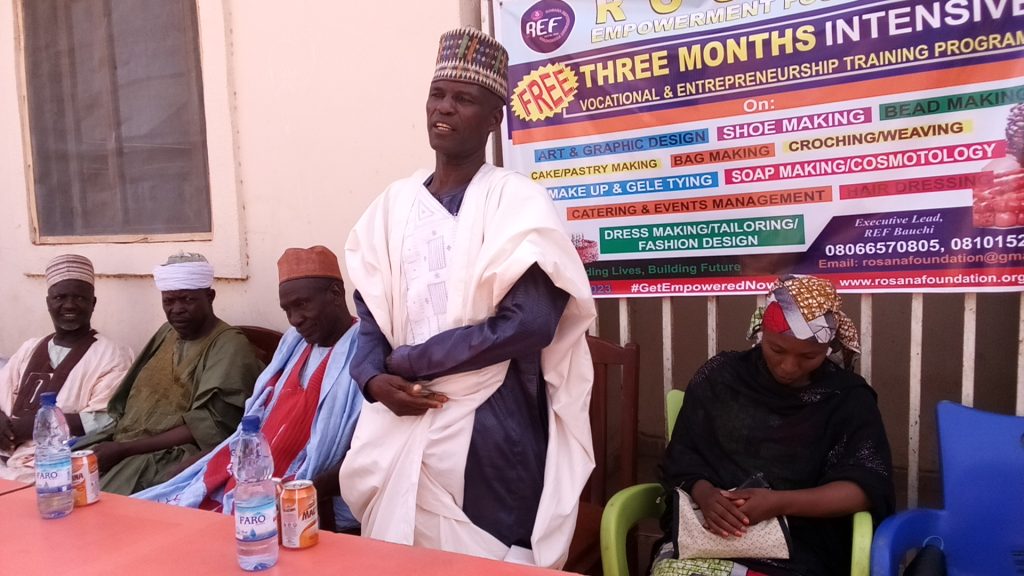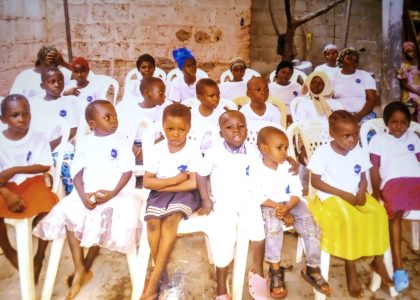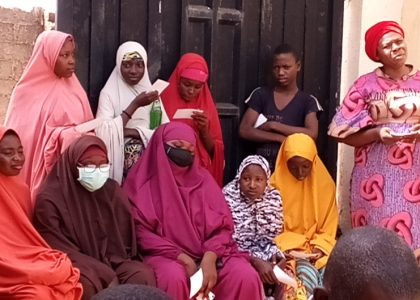
In Northern Nigeria, where traditional customs and cultural norms often shape community practices, the Rosana Empowerment Foundation (REF) has embarked on a transformative journey to promote and protect the rights of girls to education. By partnering with traditional leaders, REF has effectively bridged the gap between cultural resistance and educational progress, setting a powerful example for community-driven change.
Building Partnerships with Traditional Leaders
Traditional leaders hold significant influence in Northern Nigerian communities, where their authority often surpasses that of formal institutions. Recognizing this, REF has strategically engaged with these leaders to advocate for girl child education. By presenting education as a means of community development rather than a challenge to cultural values, REF has successfully garnered support from influential figures such as district heads and village chiefs.
For instance, in Bauchi State, REF collaborated with a respected Emir who championed the cause of education for girls. This partnership not only lent credibility to REF’s initiatives but also created a supportive environment for implementing educational programmes. The Emir’s endorsement played a crucial role in altering perceptions and encouraging other leaders to back REF’s mission.
Overcoming Cultural Barriers
One of the primary challenges REF faced was overcoming entrenched cultural barriers that often prioritized early marriage and traditional roles over education for girls. REF’s approach involved engaging community leaders in dialogues about the long-term benefits of education, not just for individual girls but for the community as a whole. By emphasizing the potential for educated girls to contribute to economic growth and social advancement, REF was able to shift attitudes and open doors for educational opportunities.
Successful Outcomes and Impact
The impact of REF’s partnership with traditional leaders has been profound. In several communities, there has been a marked increase in school enrollment and retention rates for girls. Traditional leaders have become advocates for education, actively promoting and protecting the right of girls to attend school. This shift in attitude has also led to the establishment of more inclusive policies within local governance structures, further reinforcing the commitment to education.
In addition to educational advancements, the collaboration has fostered a broader cultural shift towards valuing and supporting the education of girls. As traditional leaders continue to champion this cause, they help dismantle barriers and create an environment where educational aspirations can flourish.
Conclusion
The Rosana Empowerment Foundation’s strategic use of traditional leadership to advance girl child education in Northern Nigeria demonstrates the power of community-based solutions in overcoming cultural barriers. By aligning with respected leaders and emphasizing the collective benefits of education, REF has achieved significant milestones, setting a precedent for how traditional authority can be harnessed to drive positive change. This approach not only enhances educational access but also paves the way for a more inclusive and progressive society.





